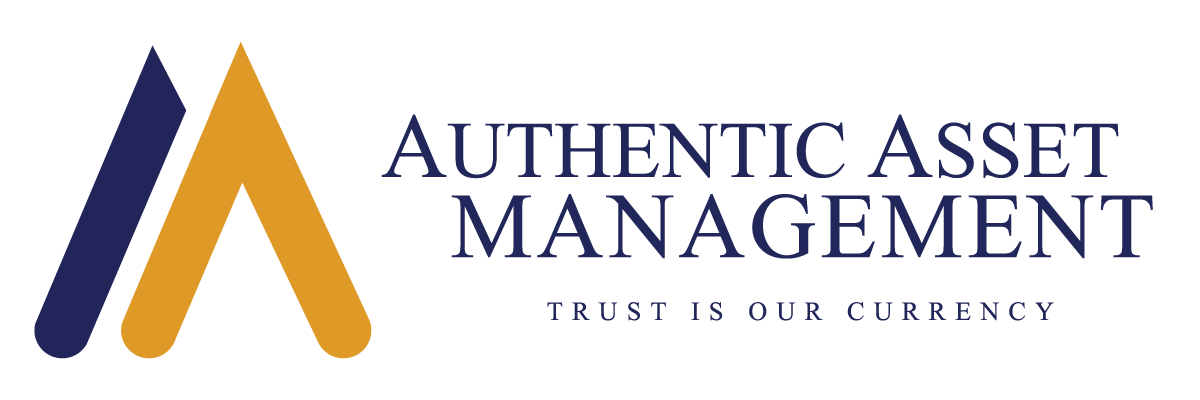Advocating and adhering to a fundamentally pure strain of capitalism is what makes America stand alone. America and capitalism grew up together, with The Declaration of Independence and Adam Smith’s Wealth of Nations both published in 1776. America’s founding fathers positioned individual values and goals as paramount, and Smith laid out how owners of resources can allocate them profitability through corporate organization. Ever since, laissez faire economics, as unbridled as the times will permit, has been the national go-to.
Burnished in the American psyche is unconstrained personal freedom to pursue maximum monetary gain for self-fulfillment. As journalist David Olive surmised, “Most nation-builders are inspired by a sense of community, of bringing a people together so they can help one another out. Americans were very interested in staying out of each other’s way. In the new republic, the lives of ordinary citizens – and the workings of business enterprises – were at all costs to be shielded from government, which was perceived as a meddlesome and even pernicious force.” ¹ It is every citizen for oneself, in both the earning and the spending of one’s money.
Correspondingly, the American corporation is narrowly modelled on profit maximization. It is the most efficient vehicle for wealth accumulation for those who occupy the best seats, namely the shareholders and their senior managers. Substantial added benefits are risk mitigation, the primary individual benefactors enjoy limited recourse back to them for bad business behaviour, and anonymity when desired, through vehicles which cloak the ultimate identity of the true beneficiaries. General employees are tools for a purpose, not assets, a cost of doing business which should be minimized. Corporate culture is a function of competition, not cooperation that is dilutive of power and control.
The efficiency and financial success of the American business model has fostered significant economic progress. Over the past quarter century, it has been exported and integrated, to varying degrees, into the aspirational and operational models of many other nations. That notwithstanding, influential nations like China and Russia continue to ply centralized state-controlled economic models without utilizing the mousetrap of capitalism for optimal resource allocation. They flood capital into the international financial system without its cost being necessarily defined by market mechanisms.
The latest swing of the pendulum by America back towards a purer form of capitalism seems out of sync with the prevailing mood. Millennials, our future generation, envisage a global village that is more equitable and conserving. Our European friends seek a more balanced distribution of the corporate spoils amongst customers, employees, and shareholders. Recent American economic policies are temporal maneuvers that run the other way. They bring forward more profit to a narrower group of benefactors today, at the expense of the wider public tomorrow. The corporate tax cuts increase future public debt; less environmental oversight reduces costs today and increases future pollution and clean up costs; less financial regulation, data protection and consumer safeguards harm the future of citizens and society at large; and greater combativeness with foreign allies serves to benefit select corporations at the expense of longer term cooperative global development.
Pure capitalism is an economic not ethical construct. Trade talks are an opportunity for nations to reflect on what they stand for culturally, and how they wish to operate economically.

